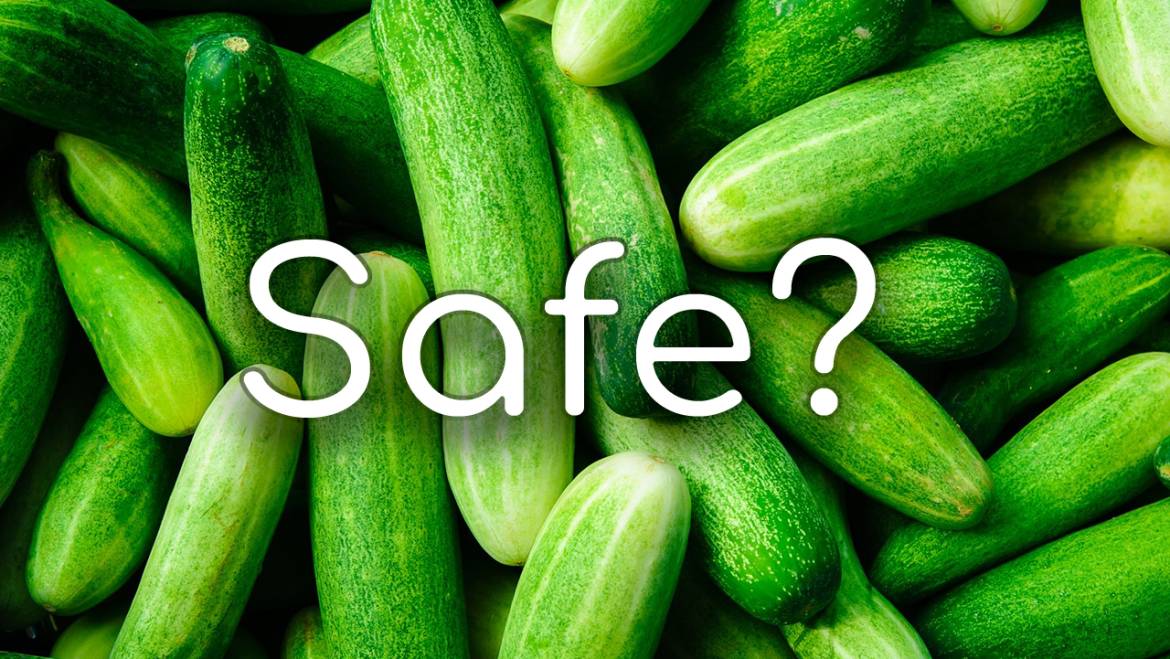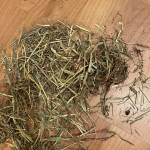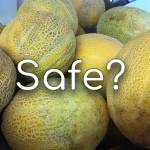Chinchillas are herbivores and have a delicate digestive system. It’s important to carefully choose what foods to give them to ensure their overall health and well-being. If you’re wondering if chinchillas can eat cucumber, the answer is yes, but in moderation. This article will provide you with all the information you need to know about feeding cucumber to your chinchilla.
Nutritional Content of Cucumber
Cucumbers are a nutritious vegetable that’s low in calories and high in water content. They’re a great source of vitamins C and K, potassium, and dietary fiber. A 100-gram serving of cucumber contains approximately 16 calories, 2.1 grams of carbohydrates, 0.7 grams of protein, and 0.1 grams of fat.
Can Chinchillas Eat Cucumbers?
Yes, chinchillas can eat cucumber, but it should only be given in small amounts. Too much cucumber can lead to digestive problems and diarrhea. Cucumbers have a high water content, which can cause chinchillas to have loose stools. It’s important to offer cucumber as an occasional treat rather than a regular part of their diet.
Benefits of Cucumber for Chinchillas
Cucumber is a hydrating vegetable that can help keep your chinchilla hydrated during hot weather. Its high water content can also help with digestion and prevent constipation. Additionally, cucumber is a good source of vitamin C, which is important for chinchillas because they cannot produce this vitamin on their own.
Risks of Feeding Cucumber to Chinchillas
While cucumber can be a healthy addition to a chinchilla’s diet, it should be given in moderation. Feeding too much cucumber can cause digestive problems and diarrhea. Also, cucumber has a high water content that can dilute the digestive enzymes in the chinchilla’s gut, which can lead to indigestion and bloating. Lastly, cucumber skin may contain pesticides and other chemicals, so it’s important to wash the cucumber thoroughly before offering it to your chinchilla.
How to Feed Cucumber to Chinchillas
When feeding cucumber to your chinchilla, it’s important to do it in moderation. Offer cucumber as an occasional treat, and never as a replacement for their regular diet. You can chop the cucumber into small, bite-sized pieces and offer it to your chinchilla. Remove any seeds or tough skin, as these can be difficult for chinchillas to digest. It’s also important to wash the cucumber thoroughly to remove any pesticides or chemicals.
Other Veggies to Feed Your Chinchilla
Chinchillas need a balanced diet that’s high in fiber and low in fat. Fresh hay should make up the majority of their diet, along with a small amount of pellets. In addition to hay and pellets, chinchillas can also eat a variety of fresh vegetables. Some vegetables that are safe for chinchillas to eat include:
When introducing a new vegetable to your chinchilla, it’s important to do it gradually. Offer a small amount and monitor their behavior and digestion. If they show signs of discomfort or have diarrhea, remove the vegetable from their diet and try again at a later time.
Foods to Avoid Feeding Chinchillas
While chinchillas can eat a variety of fresh vegetables, there are some foods that should be avoided. These include:
- Fruits: Chinchillas should not eat fruits because they’re high in sugar and can lead to digestive problems and obesity.
- Dairy: Chinchillas cannot digest dairy products and should not be fed any type of milk or cheese.
- Nuts: Nuts are high in fat and can cause digestive problems and obesity in chinchillas.
- Seeds: Seeds are also high in fat and can cause digestive problems if given in large amounts.
It’s important to avoid giving your chinchilla any human food that’s high in sugar, fat, or salt. These types of food can lead to obesity, dental problems, and other health issues.
In conclusion, chinchillas can eat cucumber in moderation, but it should never be a regular part of their diet. Cucumber is a hydrating vegetable that can help keep your chinchilla hydrated during hot weather, but too much can cause digestive problems and diarrhea. When feeding cucumber to your chinchilla, it’s important to remove any seeds or tough skin and wash the cucumber thoroughly to remove any pesticides or chemicals.
Chinchillas need a balanced diet that’s high in fiber and low in fat. Fresh hay should make up the majority of their diet, along with a small amount of pellets. In addition to hay and pellets, chinchillas can also eat a variety of fresh vegetables, such as carrots, broccoli, kale, and spinach. It’s important to avoid giving your chinchilla any human food that’s high in sugar, fat, or salt, and to introduce new foods gradually to monitor their digestion.
Overall, feeding your chinchilla a balanced and healthy diet is crucial for their overall health and well-being. By following the guidelines provided in this article, you can ensure that your chinchilla stays happy and healthy for years to come.







